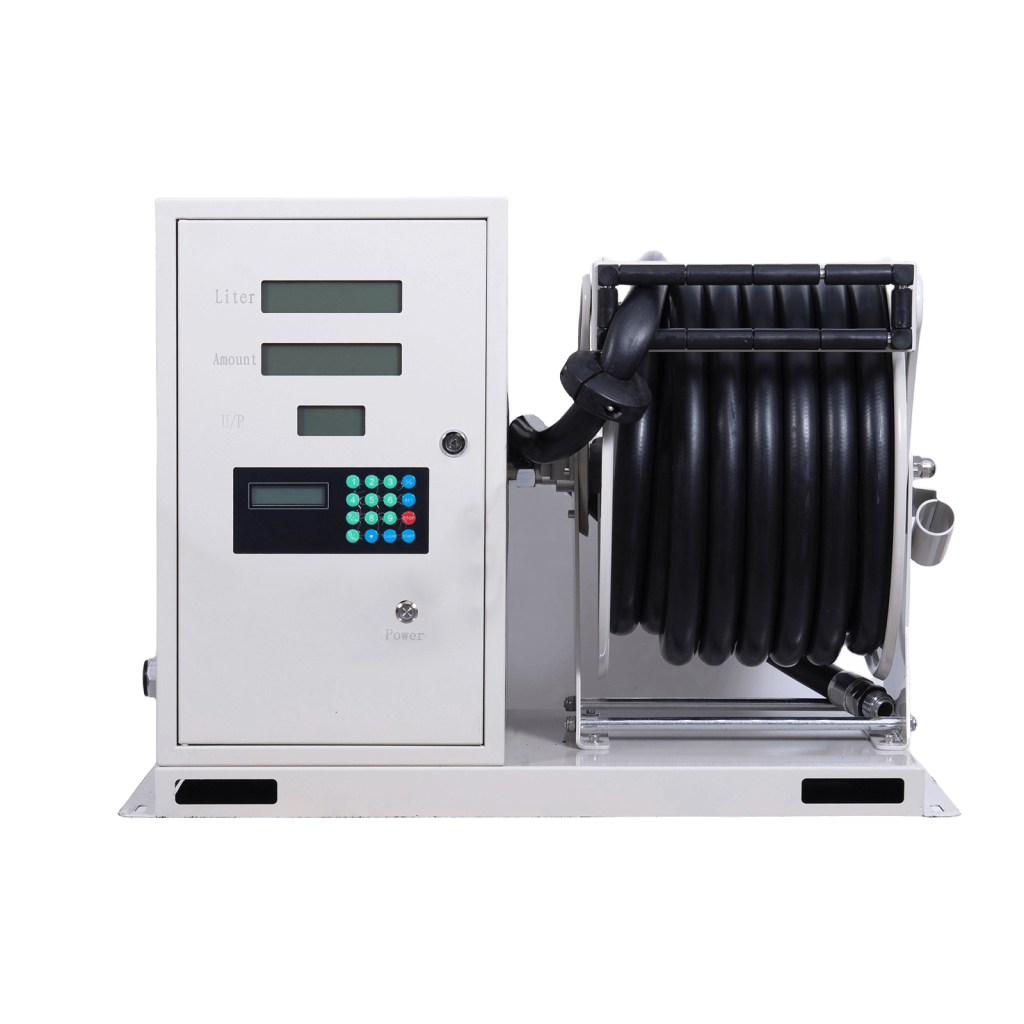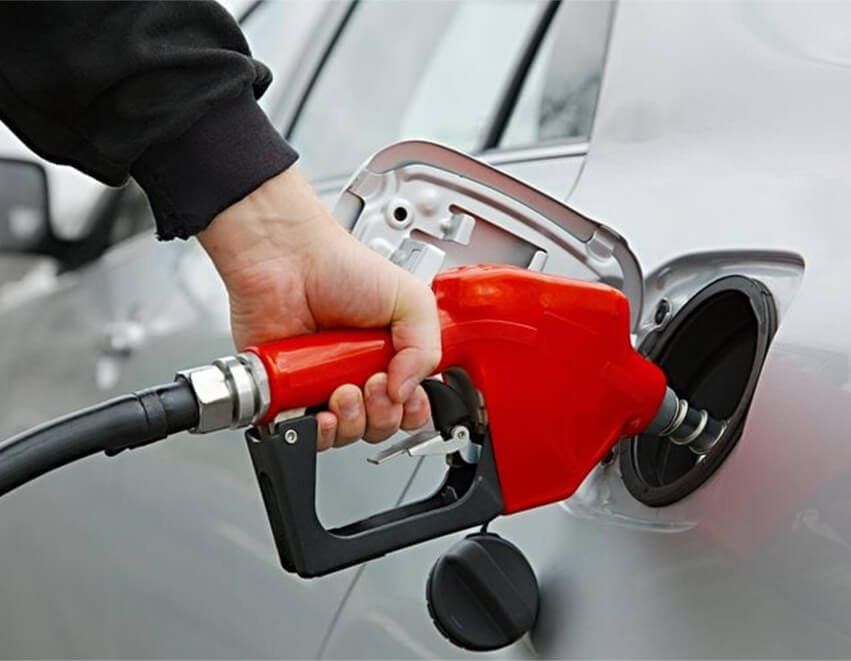One increasingly popular way to provide gasoline to consumers is via mobile fuel dispensers; by allowing providers to refill clients’ tanks while on the go, they enable the freedom to move around effortlessly and deliver service. Customers may avoid stepping into busy supermarkets or petrol stations with this easy option. Owing to their robust design […]
One increasingly popular way to provide gasoline to consumers is via mobile fuel dispensers; by allowing providers to refill clients’ tanks while on the go, they enable the freedom to move around effortlessly and deliver service. Customers may avoid stepping into busy supermarkets or petrol stations with this easy option.
Owing to their robust design and longer functional life, these dispensers are highly demanded. Mobile Fuel Dispenser is designed with the same facility as a mobile fuel dispensing unit flowmeter, suitable for trucks, oil stations, farms, and factories to fill or dispense oil for cars or machines. For the following reasons, mobile fuel tankers’ dependability, security, and effectiveness all add to their appeal:
Mobile fuel dispensers come in a variety of sizes and designs, customized to fit the particular cars to which they are attached. Most of these dispensers end up mounted atop semi-trailers. If your business has trucks or trailers that need to be refueled on a regular basis, it’s likely that your equipment includes mobile gasoline dispensers.
However, smaller versions of these dispensers are required for other vehicles. Among them are:
There are many different sectors and use cases for mobile gasoline tankers. Here are a few instances:

The main benefit of gasoline dispensers that are mobile is their mobility. They are much easier to travel since they are much lighter than stationary devices. Due to their small size, they may function in distant areas and fit into small places without the need for large storage facilities or new buildings.
Mobile dispensers have been around for decades, but their many benefits over fixed pumps have made them more and more popular:
Mobile dispensers with wheels allow for easy relocation to any desired spot. This functionality is especially helpful for companies that have many locations or that distribute propane or other fuels. The cart’s shape makes it easier to load into vehicles, which expedites the transportation of products during automobile or truck deliveries.
Mobile dispensers take up less space than stationary versions. This lessens the chance of mishaps as well as safety issues pertaining to the functioning of the apparatus. Furthermore, the decreased need for space results in financial savings as zoning laws controlling the separation of commercial properties from residential areas don’t require as much additional land or property taxes.
Wear protective gear at all times, such as pants, work boots, and long-sleeve shirts, to prevent cuts and abrasions.
Make sure you wear safety glasses, particularly while filling up your vehicle at the gas station, to reduce the possibility of gasoline getting in your eyes. Safety goggles function as a barrier to shield wearers from liquid exposure in the case of accidents involving the filling of fuel tanks or other scenarios where there might be a chance of gasoline coming into contact with their skin or eyes.
Wear gloves at all times while handling combustible substances like gasoline and diesel fuel. It is essential to use extreme care while handling potentially dangerous items. Essential safety equipment and gloves protect workers’ hands from burns and chemical exposure while reducing the possibility of cuts from sharp items such as metal fillers around pump handles, which are sometimes present in earlier versions.
Always have a fire extinguisher on ready for situations involving open flames, such as those caused by burning candles inside poorly ventilated restaurants after hours. This preventive approach offers a timely reaction to any threats that may not be discovered until later by helping to suppress minor fires before they progress. In an ideal world, someone would have used water to put out any fires, protecting all parties.




